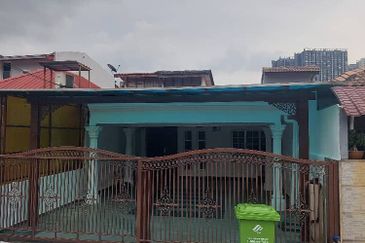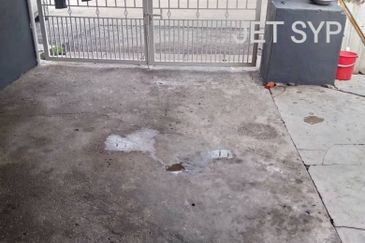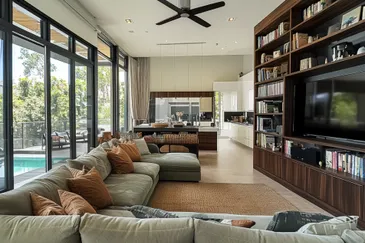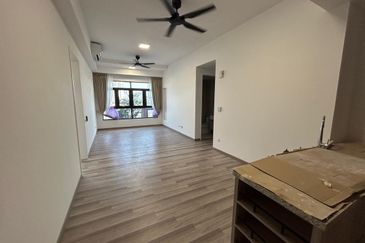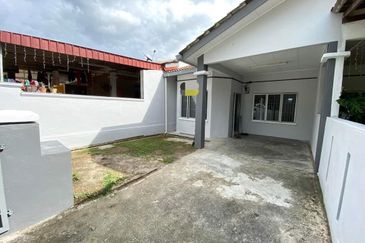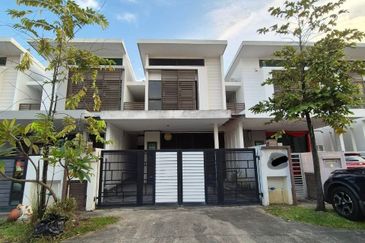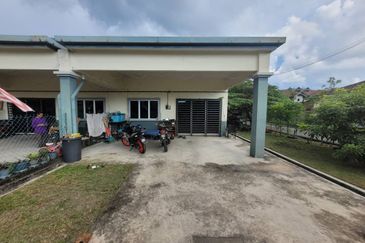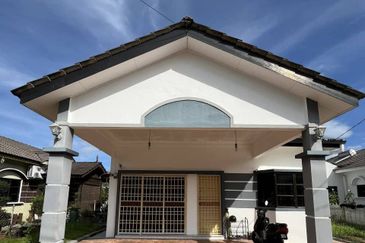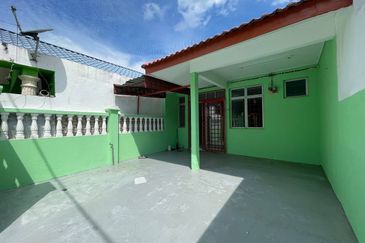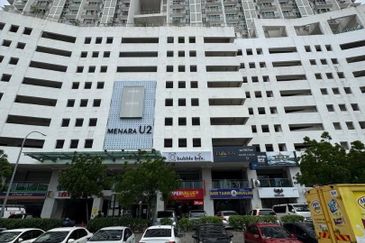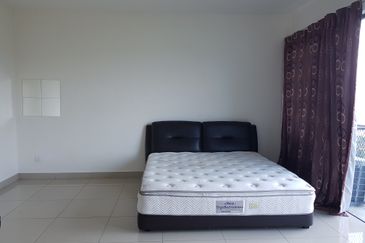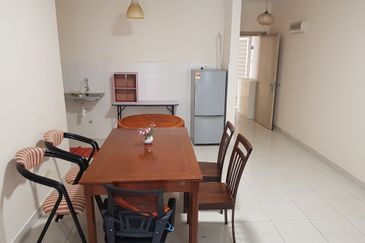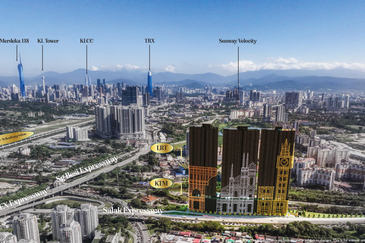One common practice among homeowners once they’ve received the keys to their new homes is to start checking out the unit for cracks and leaks. They also think about the budget they can spend on renovations to make the space look better.
However, they often forget or neglect to check on the wiring system, which is a rather common cause of fires, said Henry Butcher Malaysia (Mont Kiara) Sdn Bhd executive director Low Hon Keong.
“Faulty wiring can cause fires. Owners will do renovations when they get the keys to their new homes — they want to build wardrobes and all kinds of fittings, but very often they do not think of the wiring simply because it can’t be seen and they are not electrical experts.
* Urgent need to spread fire-safety knowledge
* Is your building a death trap?
* The cost of fires
* Steps to keep our homes safe from fire
* Electricity — friend or foe?
* Burning questions
* Concerns over enforcement on fire safety regulations
“So there could be a time bomb in your house and you do not know it because wiring is something we cannot see. But I believe that owners should pay attention to it. Even if it costs money, a good wiring system is essential,” he said.
Low was speaking during his session entitled “Fire safety in communal living” at the EdgeProp.my Symposium 2017 “Is your home a fire hazard?” held in Hilton Kuala Lumpur on Oct 14.
The symposium was organised by EdgeProp.my. Gamuda Land was the presenting sponsor while the supporting sponsor was Nippon Paint Malaysia. The half-day event was also supported by The Edge Malaysia.
Other causes of fires in high-rise residential buildings include overheated kitchen areas, faulty electrical appliances, water seepage into the wiring system which will then cause short circuits, and carelessness in discarding cigarette butts, according to Low.
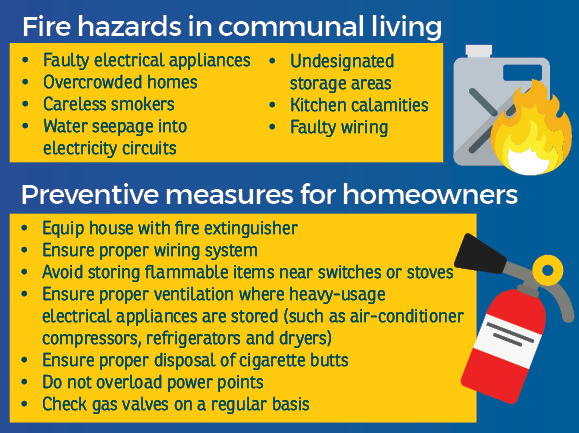
He also noted that an overcrowded home could raise the risk of a fire incident as more people share a limited number of power points and appliances. He added that property owners who operate home-sharing businesses at their units such as Airbnb could pose safety problems if they are allowed to rent out the unit to more people than the unit is meant for.
“One of the most common questions asked by homeowners to our property managers nowadays is whether home-sharing activities such as Airbnb are allowed in the building.
“The business is subject to the local authority’s approval but the other consideration is how safe it is to have such businesses in a residential building.
“Some of these home-sharing units try to squeeze in as many occupants as possible; hence, a small unit meant for four people may end up having double that number. They will treat it like a hotel and leave air-conditioning on for 24 hours; thus, there is a high chance the occupants will cause an electricity overload.
“Furthermore, do the occupants of these units know where the fire escapes [of the building] are? Do we supply them with fire safety information like in a hotel? When we stay at hotels, it’s different because there is a fire escape plan on the back of our room doors,” he said.
Low also cautioned smokers to be mindful of where they dispose of their cigarette butts.
“Smoking on balconies is common but when the cigarette butts are thrown from the balcony, it might land on your neighbour’s home below, right onto their curtains. Be responsible to yourself and your neighbours,” he advised.
Low fire-safety awareness
There are about 1.2 million strata property owners in Kuala Lumpur alone, but many of them lack fire-safety awareness, Low shared. He cited a real-life example of a fire that had started due to the ignorance or carelessness on the part of the homeowner who had turned the space below the air-conditioning compressor into a storage area.
“There was no proper ventilation for the compressor, which led to overheating and caused a small fire. We were in time to put out the fire. But what would have happened if there were nobody at home?
“The [level of] awareness of fire safety [among strata property owners] is still very low. When we take over properties from developers for property management, among the frequently asked questions by these property owners are whether there are any defects in the unit, [what the] appliances supplied by the developer are and even whether they have unblocked balcony views or the pool size. None of these questions are related to fire safety.
“Some [property owners] even asked whether they could lock the fire safety access. So, from there we can tell their awareness level,” said Low.
According to Low who oversees the management of over 80 properties, the common complaints lodged by homeowners are about water leakage, cleanliness, security and common facilities.
“They [homeowners] will not ask us what the fire escape plan is, the functionality of the sprinklers… It is not ingrained in their minds to ask us these questions.
“And when we conduct fire drills, only the security guards, property management and cleaners participate. Many of the homeowners are not bothered at all,” he said.
Preventive measures
Low noted that fire safety involves everyone — from the property managers to homeowners.
Property managers, he said, need to make sure that fire-safety features in common areas are maintained and checked regularly to ensure they are fully functional in case of an emergency.
“In our daily inspection of our buildings, we have to make sure all the firefighting pumps are in order because firemen need water,” he said. “If the pumps are not functioning, how can they put out fires?”
This story first appeared in EdgeProp.my pullout on Oct 20, 2017. Download EdgeProp.my pullout here for free.
TOP PICKS BY EDGEPROP
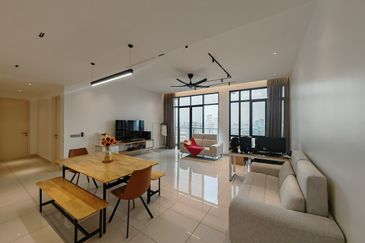
The Park Sky Residence
Bukit Jalil, Kuala Lumpur
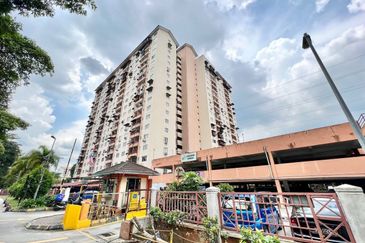
Pangsapuri Beringin, Gombak Permai
Gombak, Selangor
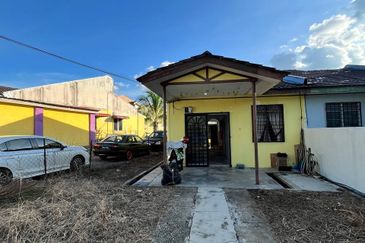
Taman Widuri, Bukit Beruntung
Hulu Selangor, Selangor
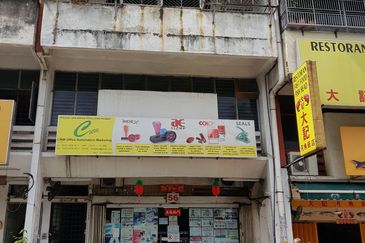
Bandar Baru Sri Petaling
Bandar Baru Sri Petaling, Kuala Lumpur
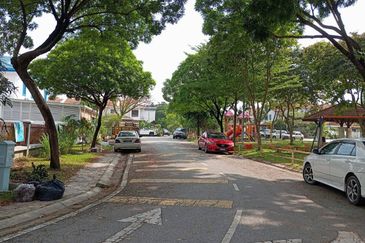
Jalan Setia Impian U13/2M
Setia Alam/Alam Nusantara, Selangor

![Low: The [level of] awareness of fire safety [among strata property owners] is still very low. (Photo by Low Yen Yeing/EdgeProp.my)](http://dbv47yu57n5vf.cloudfront.net/s3fs-public/editorial/my/2017/October/20/20171014_PEO_EDGEPROP.MYSYMPOSIUM201717_LYY_TEP.JPG)

